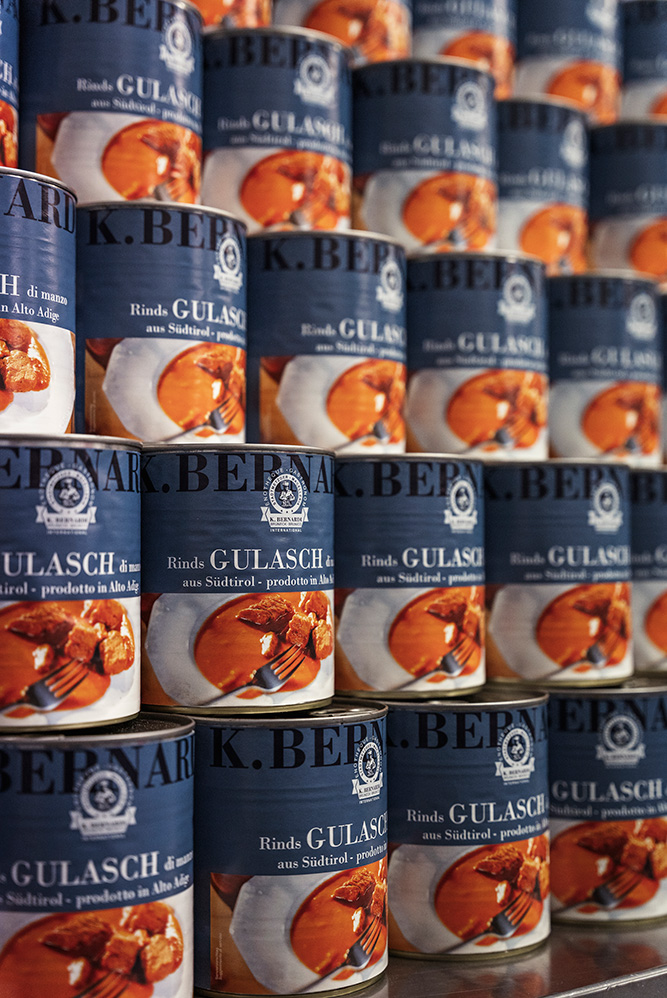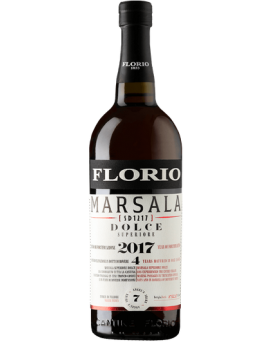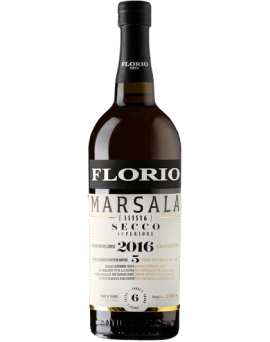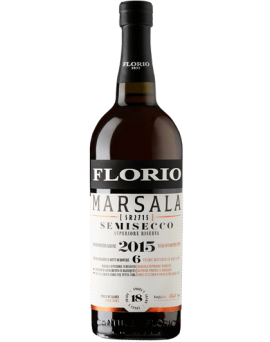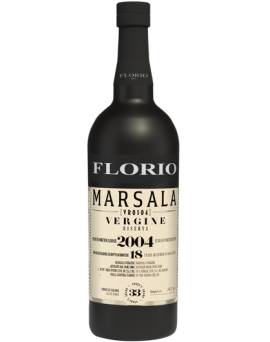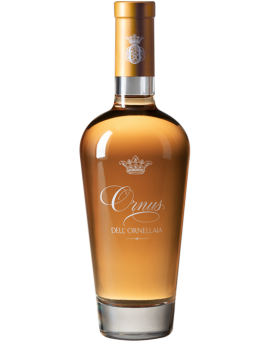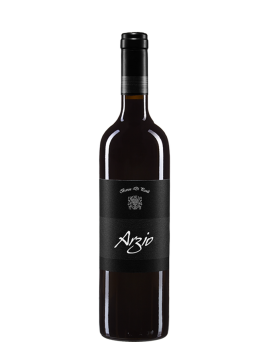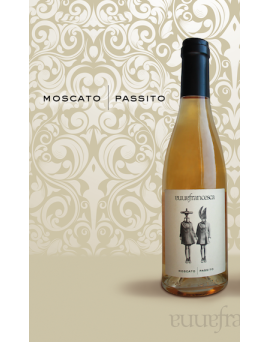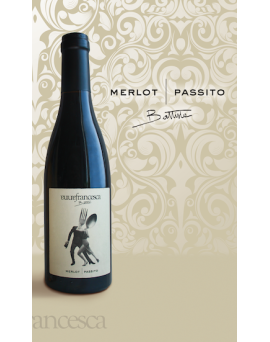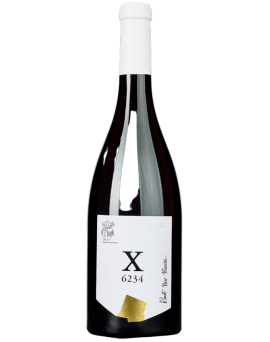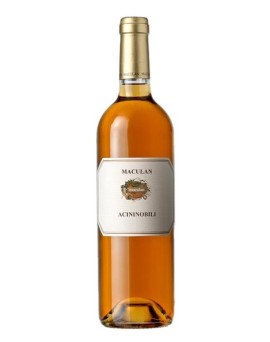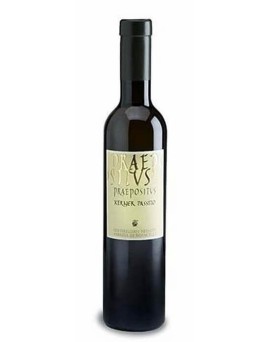Marsala Dolce superiore...
Marsala Dolce Superiore 2017<br /><br />TYPE: Fortified Wine<br />CLASSIFICATION: DOC Marsala Superiore Dolce<br />YEAR OF FORTIFICATION: 2017<br />HARVEST: Manual harvest, from mid-September, of over-ripened grapes on the vine, to build a grape with a high and ripe sugar and polyphenol content<br />VINIFICATION: Energetic extraction forces come into play through the use of the traditional wine press to create musts loaded with colour, high dry extracts and extreme<br />marine flavour. Fermentation in cement, punctuated by continuous micro-oxygenation, which continues into post-fermentation, preparing the wine for the encounter with<br />alcohol, to initiate the first 'act of giving DOC Marsala'.<br />INNAMORATION: Encounter between wine, siphon (grape must giving DOC Marsala mutated - i.e. whose fermentation has been stopped - added with ethyl alcohol of vine<br />origin), cooked must and a small percentage of alcohol<br />AGING METHOD: 4 years. A well-balanced and pleasant Marsala, the oenological synthesis of a journey among oak woods of many shapes and sizes in the greatness of<br />the Florio Cellars<br />ALCOHOL CONTENT: 18% vol (36 PROOF)<br />SUGAR CONTENT: 108 g/l<br />ANGEL'S SHARE: 7%<br />SERVING TEMPERATURE: 14° - 16°C<br />GASTRONOMIC MATCHES: Dark chocolate<br />METHOD OF STORAGE: In a cool, not excessively humid place, protected from light<br />DURATION: Marsala that, if stored in suitable cellars, has<br />practically no time limits<br />NUMBER OF BOTTLES PRODUCED: 13.833<br />
Price
€36.40

